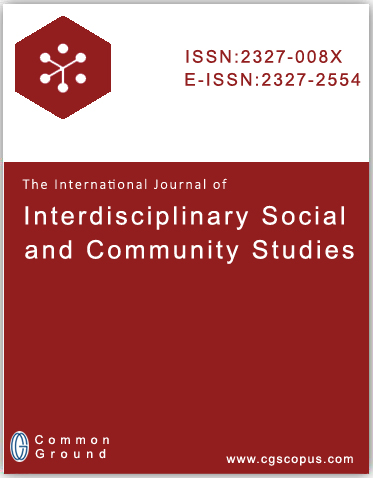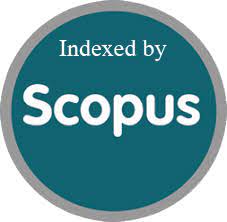REEVALUATING ECOLOGICAL SUSTAINABILITY AND HUMAN QUANDARIES: AN ECOCRITICAL AND ECONOMIC PERSPECTIVE ON GHOSH AND MISTRY
DOI:
https://doi.org/10.18848/mtzesx64Keywords:
Ecocriticism, Indigenous knowledge, Natural capital, Ecological sustainability, Socio-economic marginalization, Environmental justiceAbstract
This paper presents an ecocritical and economic analysis of Amitav Ghosh’s The Hungry Tide and Rohinton Mistry’s narratives, examining how both authors explore the intersections of ecological sustainability, socio-economic marginalization, and cultural resilience. Ghosh’s vivid portrayal of the Sundarbans highlights the synergy between indigenous ecological knowledge and eco-centric economic theories, such as Herman Daly’s concept of “natural capital” and the ecological footprint framework developed by Rees and Wackernagel. Through characters like Fokir, the novel reveals how generational wisdom often surpasses formal science in adapting to fragile, dynamic ecosystems, while critiquing development models that undermine ecological carrying capacity.
In parallel, Mistry’s works, set against the turbulent socio-political backdrop of urban and diasporic India, illuminate the human cost of systemic inequality, forced displacement, and environmental neglect. His realist depictions of cramped urban settlements, strained infrastructures, and the erosion of communal bonds resonate with the ecological concerns evident in Ghosh’s tide country both reveal the inseparability of environmental health and human welfare. Mistry’s narratives critique governance failures and market mechanisms that prioritize profit over sustainable, inclusive development, thus echoing Pigou’s arguments for corrective measures and Olson’s insights into collective action dilemmas.
The paper bridges these literary landscapes to argue for policy models that integrate cultural knowledge systems with ecological resilience, recognizing both rural and urban spaces as interdependent ecological-economic systems. By engaging with Coase’s theories of transaction costs in contexts of contested resource ownership—be it in the Sundarbans’ shifting islands or Mistry’s politically volatile Bombay—the study emphasizes the inadequacy of purely market-driven solutions. Ultimately, the research advocates for an approach that empowers marginalized communities as active partners in environmental governance, ensuring a future where human dignity and ecosystem stability reinforce each other.










